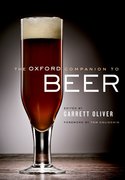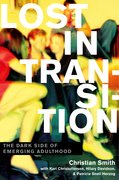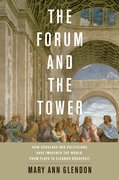Five myths about church and state in America
By David Sehat
Liberals claim that the founding fathers separated church and state, while conservatives argue that the founders made faith a foundation of our government. Both sides argue that America once enjoyed a freedom to worship that they seek to preserve. Yet neither side gets it right.












